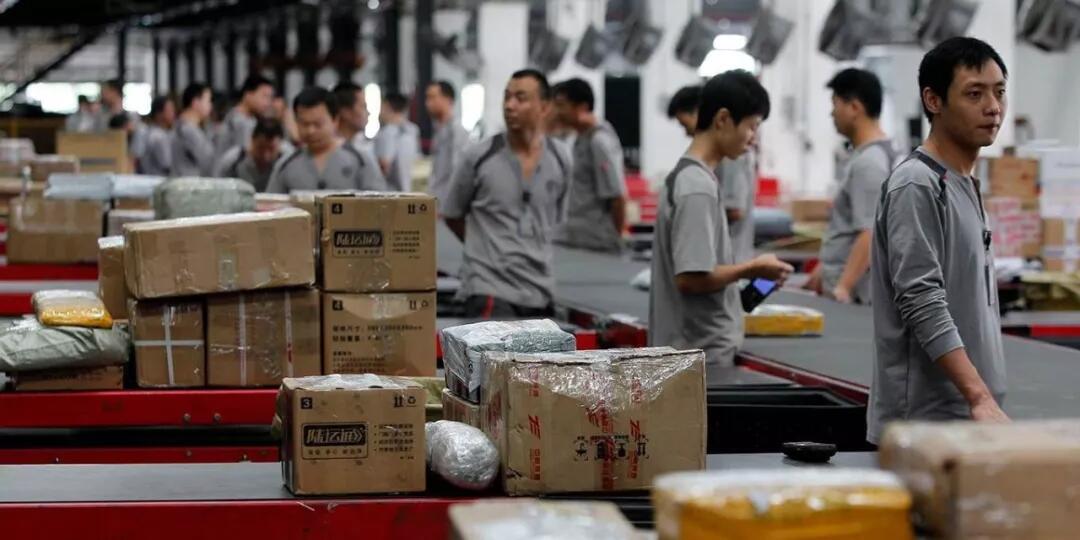
1月24日,复旦大学经济学院院长、中国社会主义市场经济研究中心主任张军教授在Project Syndicate官网上发表文章:中国伟大的城市竞赛 (China’s Great City Rivalries)。

报业辛迪加(Project Syndicate)被称为“世界上最具智慧的专栏”,作者来自全球顶级经济学者、诺奖得主、政界领袖,主题包括全球政治、经济、科学与文化塑造者的观点,为全球读者提供来自全球最高端的原创文章、最具深度的评论,为解读“变动中的世界”提供帮助。
以下为文章全文:
In recent years, as China's economy has become increasingly reliant on high-tech and modern service industries, jobs and growth have become concentrated in a few high-productivity cities. In fact, it is this inter-urban competition that has driven China's economic transformation.
China's traditional industries are suffering. In the last five years, the country's northeastern region – once a hub of basic industries like oil and steel – has been facing accelerating decline, as have the rich mineral resource centers in places like Hebei and Inner Mongolia. Over the last decade, about one-third of China's 600 cities have contracted. The prospects of dispersed rural populations far away from China's megacities have diminished as well. But all this bad news is actually a result of what is widely considered very good news: China's economic transformation is progressing.
In recent years, China's economy has becoming increasingly reliant on new high-tech and modern service industries, including mobile Internet, artificial intelligence, smart cars, drones, robots, virtual reality, wearable device manufacturing, green technology, and more. Meanwhile, jobs and growth have become increasingly concentrated in some high-productivity megacities, making them magnets for skilled labor and venture capital – and leaving hubs of traditional industries in the dust.
The rapid growth in China's high-tech industries was thrown into sharp relief earlier this month at the annual Consumer Electronics Show (CES) in Las Vegas, Nevada, where Chinese firms accounted for 40% of all exhibitors – a figure that would have been unthinkable just five years ago. Many of those firms are from Shenzhen, China's first special economic zone and now the country's most innovative city.
But Shenzhen is not alone. Several other Chinese cities – for example, Beijing, Shanghai, Guangzhou, Chengdu, and Xi'an – are also working to foster cutting-edge industries. In fact, these cities' competition to generate stronger growth than their counterparts – a contest sust
文章来源:Project Syndicate
